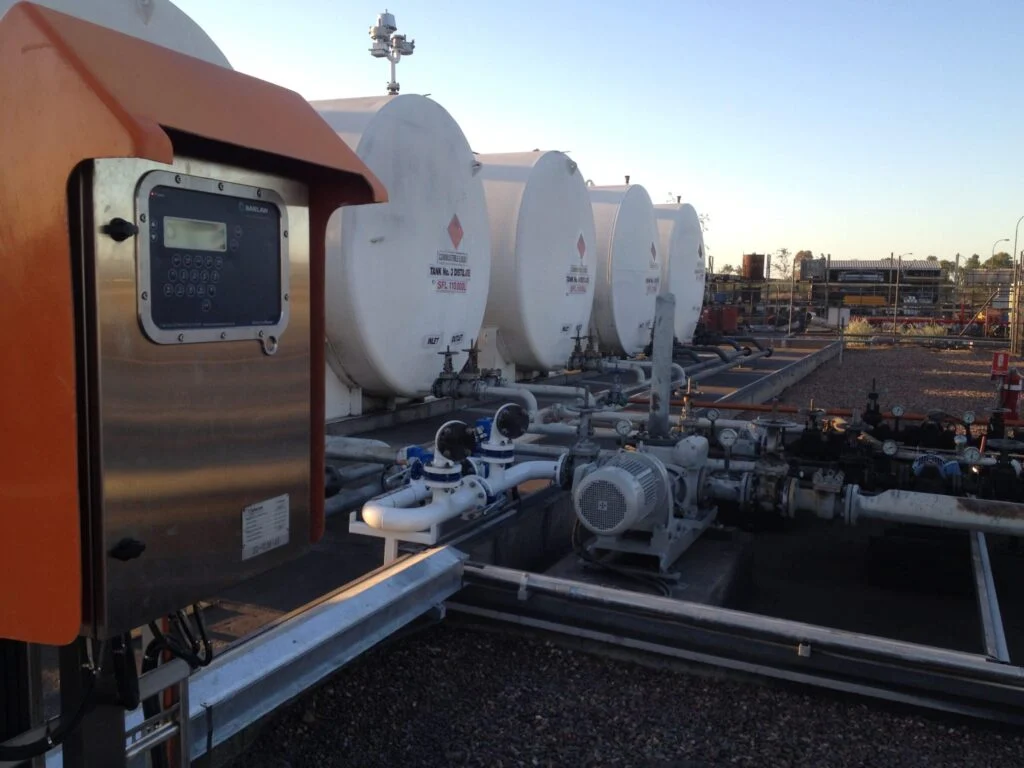Technological Advancements in Fuel Management Systems

Introduction
The global fuel management system market is experiencing robust growth as industries, transportation sectors, and commercial operations increasingly focus on optimizing fuel consumption and reducing operational costs. Fuel management systems are designed to monitor, control, and report fuel usage in vehicles, generators, and industrial equipment, ensuring efficient fuel utilization and minimizing wastage. Rising fuel prices, stringent environmental regulations, and the need for cost-effective energy management are driving the adoption of these systems globally. The integration of digital technologies and IoT-based monitoring further enhances the market by providing real-time insights and analytics for efficient fuel management.
Market Drivers
Rising fuel costs and the need to optimize energy consumption are primary drivers of the fuel management system market. Industries such as transportation, logistics, construction, and power generation require efficient fuel tracking and control to reduce expenses and maintain profitability. Environmental regulations mandating reduced fuel emissions and better reporting compliance also boost market adoption. Technological advancements, including automated fuel dispensing, RFID-enabled tracking, cloud-based monitoring, and IoT integration, provide accurate, real-time data that improves operational efficiency and reduces human error. Furthermore, fleet operators and industrial facilities increasingly adopt these systems to prevent fuel theft, ensure timely maintenance, and enhance overall energy management.
Market Challenges
Despite the growing demand, the fuel management system market faces challenges. High initial setup costs and system integration expenses can be barriers, particularly for small and medium enterprises. Lack of technical expertise and trained personnel to operate advanced systems may hinder implementation. Data security and connectivity issues in IoT-enabled systems can pose risks for real-time monitoring and reporting. Additionally, variations in government regulations across regions may complicate market adoption and standardization of fuel management practices.
Market Opportunities
Opportunities in the fuel management system market are vast, driven by increasing industrial automation, digitization, and the need for sustainable operations. Emerging markets with expanding transportation, mining, and industrial sectors offer significant potential. Integration of fuel management systems with telematics, AI-based predictive analytics, and smart energy solutions enhances operational efficiency and supports sustainability goals. Companies providing hybrid solutions that combine fuel tracking with maintenance scheduling, driver behavior monitoring, and fleet optimization can capture higher market share. Government initiatives promoting energy efficiency and reducing carbon emissions further create favorable conditions for market growth.
Regional Insights
Asia-Pacific dominates the fuel management system market due to rapid industrialization, urbanization, and growing transportation infrastructure in countries like China, India, and Japan. North America shows steady growth with extensive fleet operations, regulatory compliance requirements, and technological adoption. Europe benefits from stringent fuel emission standards and government-backed energy efficiency programs. The Middle East and Africa are emerging markets, driven by increasing industrial activities, fleet modernization, and adoption of energy management solutions in commercial sectors.
Future Outlook
The global fuel management system market is expected to grow steadily as industries, transportation companies, and energy-intensive sectors seek to reduce operational costs and enhance fuel efficiency. Continuous technological innovations in automation, IoT connectivity, and AI analytics will further improve system capabilities. Market players are likely to focus on offering integrated solutions, expanding their presence in emerging regions, and collaborating with government agencies to align with energy efficiency regulations. The growing emphasis on sustainability, operational transparency, and cost optimization will continue to support market growth.
Conclusion
The global fuel management system market holds strong growth potential driven by rising fuel costs, technological advancements, and the increasing need for energy efficiency across industries. Adoption of automated and digital systems for monitoring, reporting, and controlling fuel consumption is expected to enhance operational efficiency, reduce emissions, and provide strategic advantages to businesses worldwide.
- Art
- Causes
- Crafts
- Dance
- Drinks
- Film
- Fitness
- Food
- Games
- Gardening
- Health
- Home
- Literature
- Music
- Networking
- Other
- Party
- Religion
- Shopping
- Sports
- Theater
- Wellness



